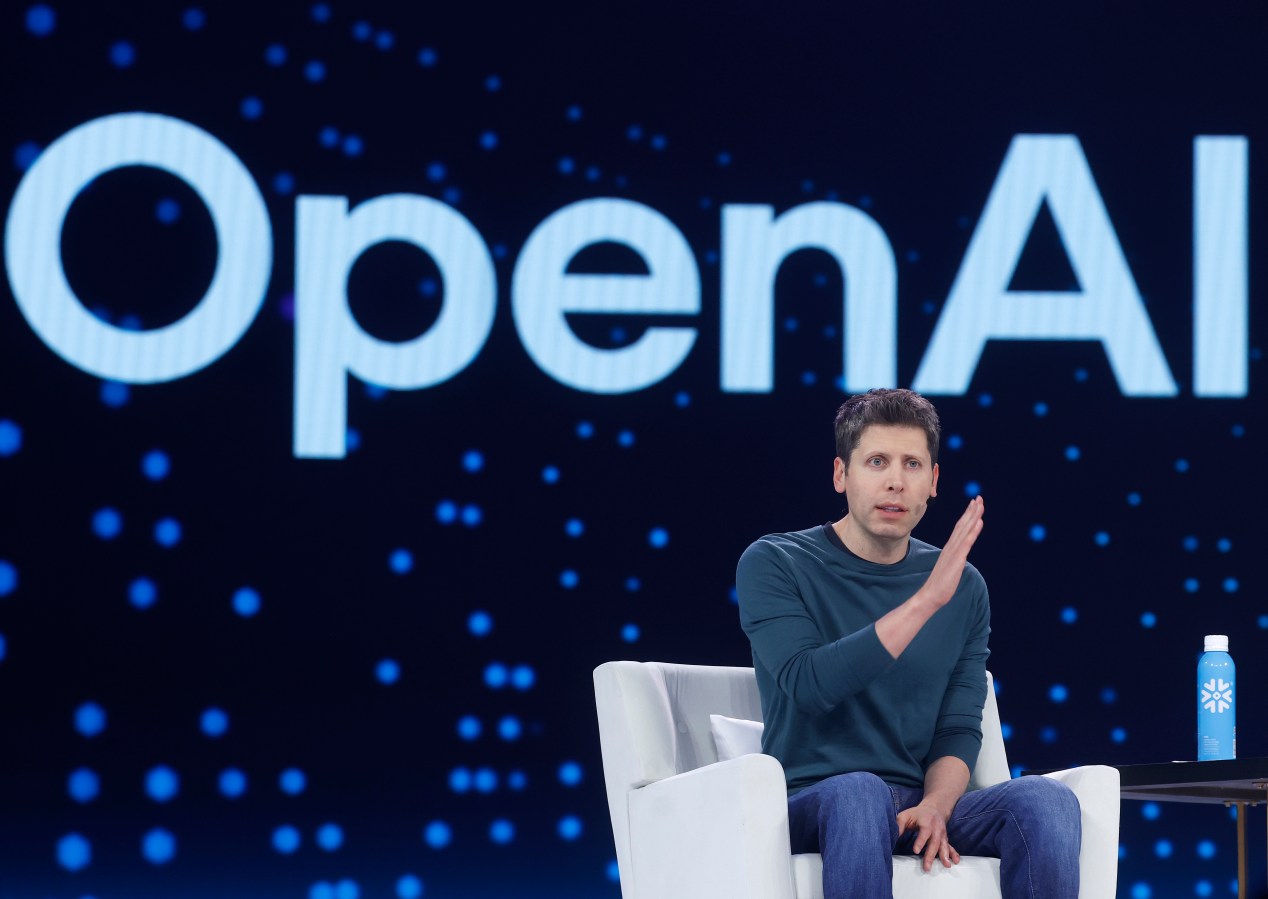As the race to build powerful AI models and launch impressive products intensifies, companies are shelling out top dollar for the researchers making these systems.

On Monday, Alexandr Wang, Meta’s newly hired Chief AI Officer and former CEO of data labelling giant Scale AI, announced the creation of a new lab within Meta that is aiming to build so-called “superintelligence”— an AI system that outperforms humans in a range of cognitive tasks including creativity and problem solving. (That’s different from artificial general intelligence which is an AI system that can match human cognitive abilities,) Joining Wang are 11 top researchers that Meta CEO Mark Zuckerberg has freshly poached from leading AI labs including OpenAI, Anthropic and Google DeepMind, with shiny multi-million dollar offers.
In the past few weeks, Zuckerberg has personally reached out to dozens of researchers and engineers and offered eye-popping multi-million dollar pay packages, according to multiple reports.
The researchers’ names can be found on “The List”— the billionaire’s compilation of the brightest minds and hidden geniuses in the field of AI. The Facebook founder has offered top talent $300 million over four years, with $100 million in total compensation (including equity) for the first year, Wired recently reported.
Meta’s initiative also raises questions about whether “The List” has actually got the right names on it. Richard Socher, a pioneer in natural language processing and CEO of You.com, tells me that while the talent pool for AI engineers is relatively small, companies like Meta are scouting for talent in the most “obvious places” like OpenAI, which ends up becoming expensive. “Not everyone who’s joined OpenAI as employee number 500 is more qualified than someone in a smaller startup,” he said.
That said, not everyone at OpenAI is a target: Alex Nichol, a deep learning researcher at the startup posted on X, “Kinda offended that Meta didn’t try to recruit me… (not that I would accept, but it’s nice to feel recognised)”.
While the hires may seem flashy, they are entirely within reach for a tech giant like Meta, which has near-unlimited financial resources and unfettered access to powerful chips used to run these AI models to woo top talent, even from cushy jobs at juggernauts like OpenAI.
But not everyone is convinced that the monetary incentives are enough to build a superstar AI team and create the best AI products.
Two former Meta AI employees told Forbes they are unconvinced that huge sums of cash can motivate researchers to build superintelligence. “You want to attract people who care,” a former Meta AI employee said.
Meta itself has lost a lot of its top AI talent over the years, who’ve either left to start their own companies or to join rivals like OpenAI, the former Meta AI employee told Forbes. “A lot of people left to go to OpenAI…. This is Mark trying to undo the loss of talent,” they said.
This article was originally published on forbes.com and all figures are in USD.


